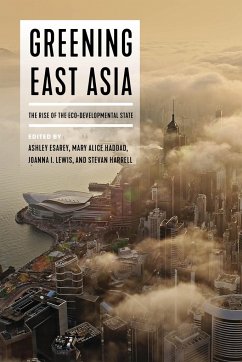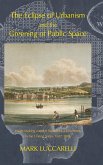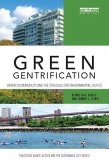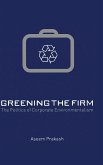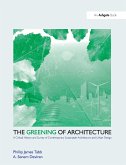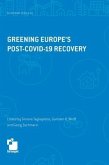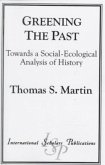"East Asia has a fifth of the world's population and consumes over half of the world's coal, a quarter of its petroleum products, and 10 percent of its natural gas. It produces a third of the world's greenhouse gas (GHG) emissions, making it a major contributor to climate change. Following World War II, emphasis on economic development led first Japan, then Taiwan and the Republic of Korea, and now the People's Republic of China to experience rapid economic growth. This process has brought environmental challenges, evoking governmental concern and environmental movements. The region is an excellent arena in which to study the complex dynamics of environmental politics, as its four countries share ecological, social, cultural, and political characteristics, but they vary in size, resource wealth, history, and political systems. This enables analysis of how these factors can influence environmental politics and how national policy can become reshaped by environmental advocacy. East Asia's pro-environmental shift represents a fundamental change from purely developmental to "eco-developmental," recognizing that greater environmental sustainability is critical for economic growth. Topics addressed in the case studies presented here include Japan after Fukushima, genetically modified food in Japan and Korea, coal plants and wind turbines in China, energy security in Taiwan, Chinese grassroots environmental NGOs, and sustainable rural development in Korea"--
Hinweis: Dieser Artikel kann nur an eine deutsche Lieferadresse ausgeliefert werden.
Hinweis: Dieser Artikel kann nur an eine deutsche Lieferadresse ausgeliefert werden.

